Google Translates Doctor’s Orders into Spanish and Chinese with Few Significant Errors
Researchers at UCSF say Google Translate is trustworthy when translating written medical advice, but there are some caveats.

University of California San Francisco
Give to UCSFResearchers at UCSF say Google Translate is trustworthy when translating written medical advice, but there are some caveats.

UCSF researchers have created a proof-of-concept method for ensuring the integrity of clinical trials data with blockchain.

A UCSF study of human and mouse pancreatic tissue suggests a new origin story for type 1 diabetes.
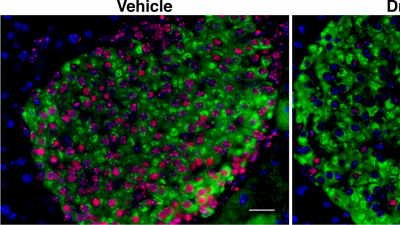
UCSF scientists have used the CRISPR-Cas9 gene-editing system to create the first pluripotent stem cells that are functionally “invisible” to the immune system.
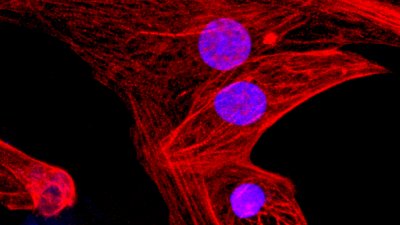
A personal survey of patients with AF has found that the majority of triggers for the condition are easily modifiable lifestyle choices, including alcohol, caffeine, exercise and lack of sleep.

UCSF researchers created a chimpanzee brain “organoids” that mimic the development and organization of full-size brains.
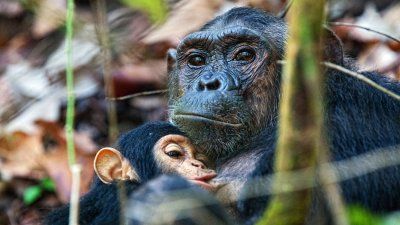
Scientists at UCSF, in collaboration with colleagues at UNC, have developed the world’s largest virtual pharmacology platform and shown it is capable of identifying extremely powerful new drugs.
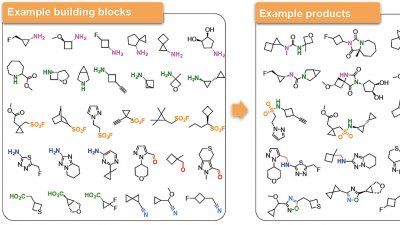
UCSF researchers have for the first time transformed human stem cells into mature insulin-producing cells, a major breakthrough in the effort to develop a cure for type 1 (T1) diabetes.
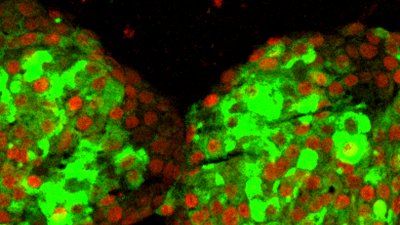
Regular use of a common type of medication, such as aspirin and ibuprofen, significantly improves survival for a third or more patients with head and neck cancer, a new study led by UCSF has found.
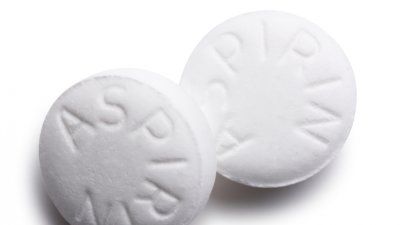
UCSF's Thea Tlsty is a winner of the “Grand Challenge” competition sponsored by Cancer Research UK. Her international team will receive $26 million to uncover how chronic inflammation causes cancer.
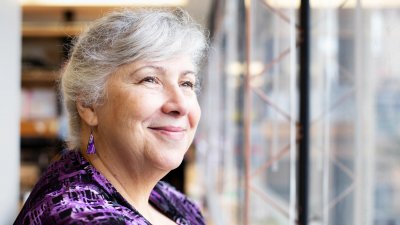
A study showed ongoing regional geographic variations in liver transplant rates for ALD patients, whose long-term survival rate is slightly lower than other liver transplant patients.

In laboratory experiments, UCSF researchers successfully beat back the growth of aggressive liver cancers using a surprising new approach.

UCSF discovery that may lead to new treatments for people with IPF.
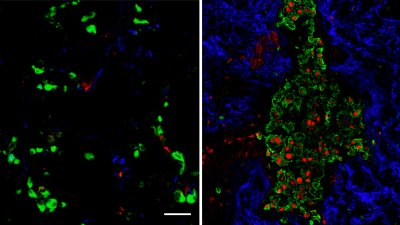
A handful of brain cells deep in the brain may play a surprising role in controlling women’s bone density.
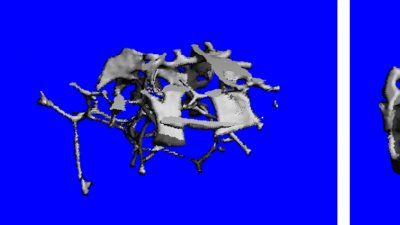
Specks of calcium in the heart’s artery walls could be an important prognostic marker of early cardiovascular disease in South Asians and may help guide treatment in this population.
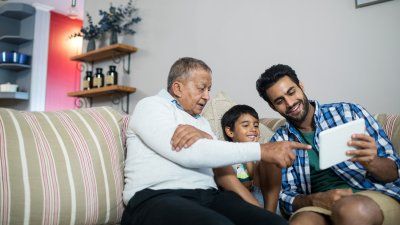
The amount of radiation that patients are exposed to from CT scans varies widely between institutions and countries, and is largely due to differences in the technical settings of the scanning machines.
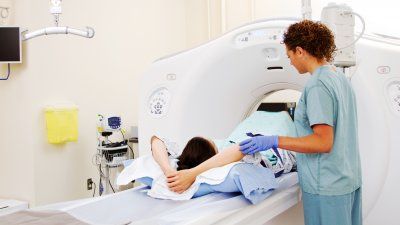
New study shows the post-rhinal cortex, appears to obtain visual data directly from an evolutionarily ancient sensory processing center at the base of the brain called the superior colliculus.

Researchers have discovered that the intestine is the source of immune cells that reduce brain inflammation in people with MS, and that increasing the number of these cells blocks inflammation entirely.

UCSF oncologist Pamela Munster, MD, has advised thousands of women on how to deal with the life-altering diagnosis of breast cancer. But when she got a call saying that her own mammogram showed irregularities, she found herself experiencing a whole new side of the disease. Munster’s book weaves together her personal story with her team’s research on the BRCA gene, which is responsible for breast cancer and many other inherited cancers.
Have you ever wondered what’s going on in a musician’s head while they improvise? In this episode, Charles Limb, MD, a UCSF surgeon and neuroscientist, explores the process of creativity by scanning the brains of jazz musicians and rappers as they improvise. Tune in to learn what brain processes allow creative thought and why creativity matters.
UCSF researchers programmed a machine-learning algorithm to diagnose early-stage Alzheimer’s disease. The algorithm used PET scans – a common type of brain scan.
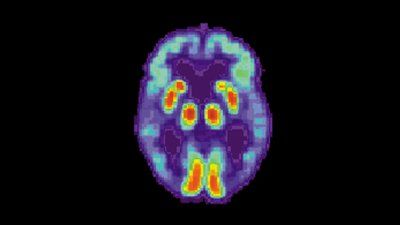
The sugar industry has driven decades of biased research that shirk sugar's responsibility for chronic disease. UCSF researchers are uncovering thousands of industry documents to combat this misinformation, and steer Americans away from what is becoming a growing health crisis.
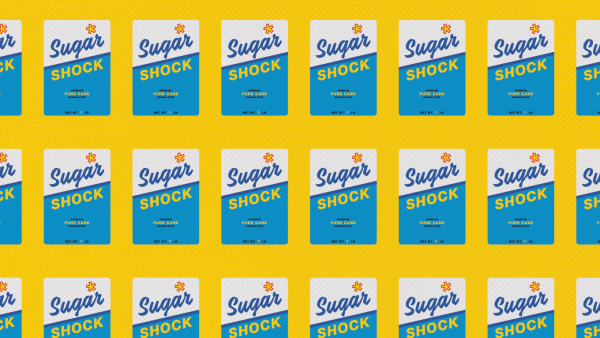
A growing number of researchers at UCSF and elsewhere have turned their attention to questions around why and how some people who age thrive and are more resilient than others.
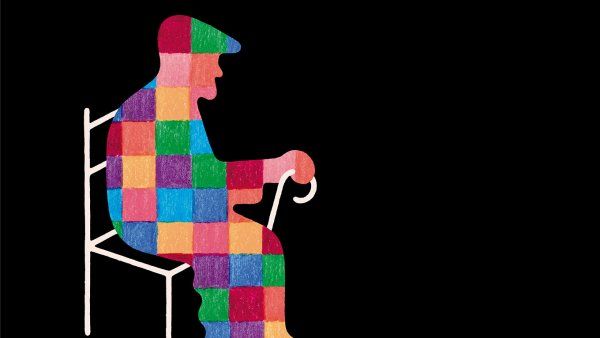
UCSF experts share their science-backed strategies for aging well.
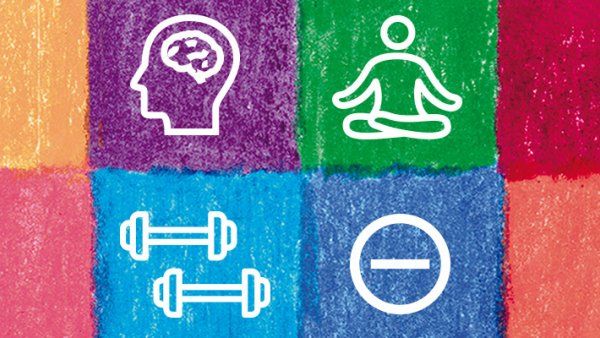
Study, led by UCSF, raises intriguing questions about whether the biology of low-risk prostate cancer in black men is distinct from that of other ethnicities.
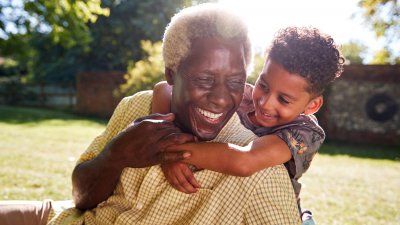
From sensory processing disorder to how CRISPR is being explored to bring new treatments to patients, these are the stories that most engaged our readers in 2018.
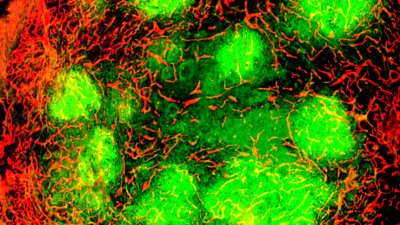
UCSF scientists have zeroed in on a possible genetic mechanism for the reason behind women outliving men phenomenon.

Anxiety and depression may be leading predictors of conditions ranging from heart disease to headaches, having similar effects as long-established risk factors like smoking and obesity.

Scientists identified key ways Ebola, Dengue, and Zika viruses hijack the body’s cells, and they found at least one potential drug that can disrupt this process in human cells.
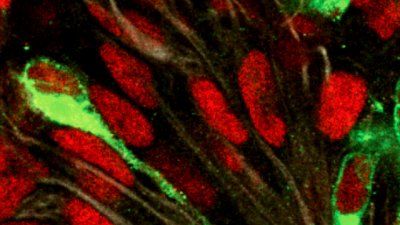
A weighty new study shows that CRISPR therapies can cut fat without cutting DNA.
